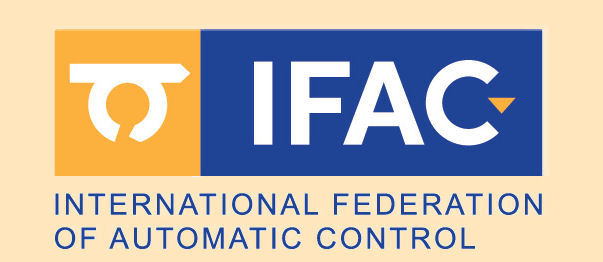| Paper MoAT1.4
He, Yinglong (University of Birmingham), Ciuffo, Biagio (European Commission Joint Research Centre), Zhou, Quan (University of Birmingham), Makridis, Michail (Joint Research Centre, European Commission), Mattas, Konstantinos (Joint Research Centre, European Commission), Li, Ji (University of Birmingham), Li, Ziyang (University of Birmingham), Yan, Fuwu (Wuhan University of Technology), Xu, Hongming (University of Birmingham)
Adaptive Cruise Control Strategies Implemented on Experimental Vehicles: A Review
Scheduled for presentation during the Regular Session "Intelligent Cruise Control" (MoAT1), Monday, June 24, 2019,
12:10−12:30, Chambord
9th IFAC International Symposium on Advances in Automotive Control, June 23-27, 2019, Orléans, France
This information is tentative and subject to change. Compiled on April 25, 2024
|


 This site is protected by copyright and trademark laws under US and International law.
This site is protected by copyright and trademark laws under US and International law.